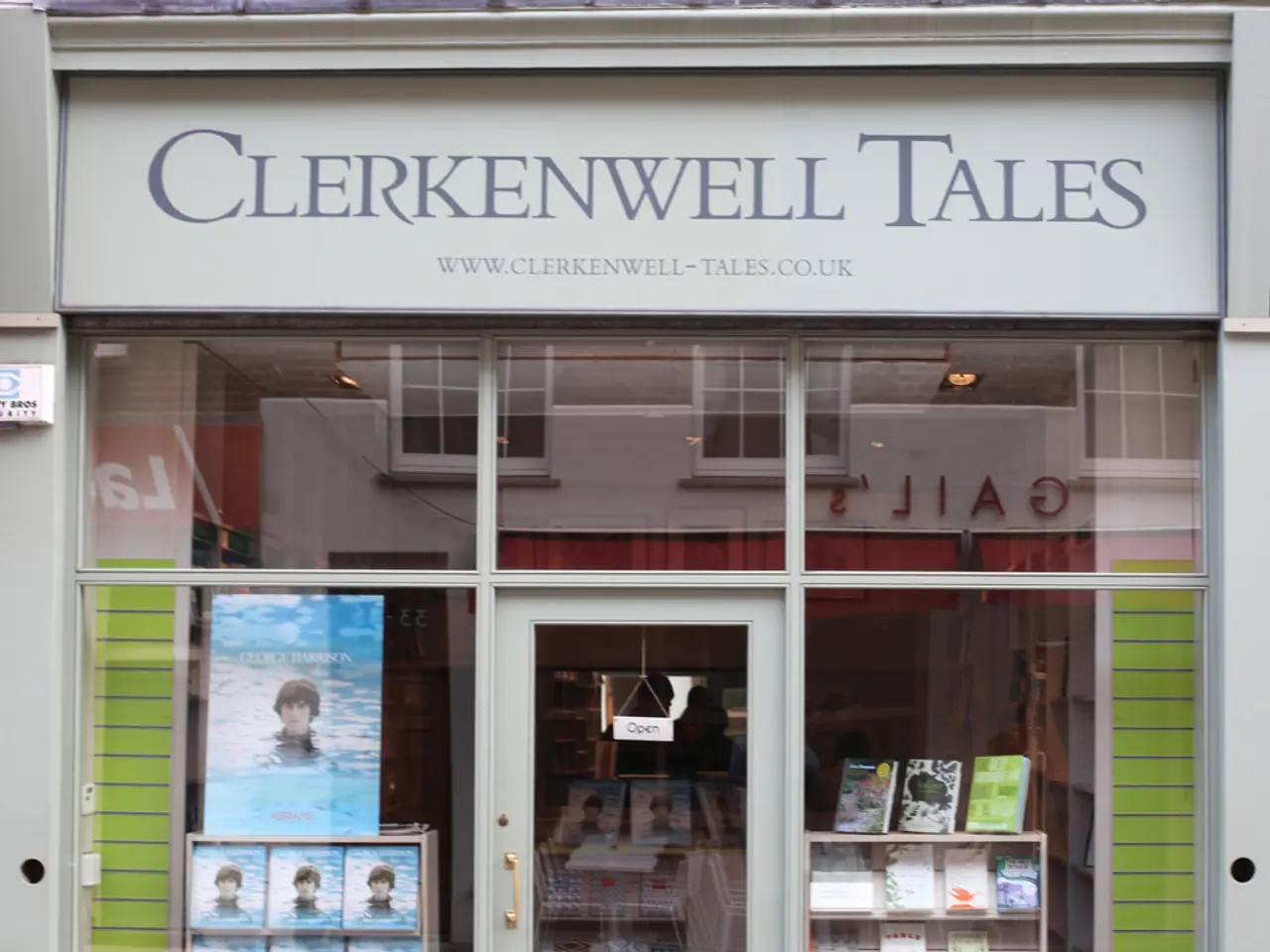Understanding Knowledge within IBDP:its Nature and Importance
The Theory of Knowledge (TOK) is a mandatory and integral component of the International Baccalaureate Diploma Programme (IBDP), focusing on developing students' critical thinking, self-awareness, and interdisciplinary understanding[1][3][5]. This thought-provoking course spans both years of the IBDP, with approximately 100 teaching hours[2].
TOK encourages students to reflect on the nature, scope, and limitations of knowledge across various areas of knowledge and cultural perspectives rather than simply acquiring new factual knowledge[1][3][5]. It fosters a critical exploration of how knowledge is constructed, what counts as evidence, and how perspectives influence truth across disciplines[4].
The course promotes critical reflection on personal beliefs, perspectives, and the assumptions underlying knowledge claims[1]. It enhances students' abilities to question sources, evidence, and reasoning in various disciplines, leading to deeper analytical skills needed for higher education and beyond[2][4]. TOK also builds a broader appreciation of knowledge across cultures, cultivating intercultural understanding and communication skills[5].
TOK further supports students in becoming more thoughtful, reflective thinkers and learners, not just content memorisers but thinkers and leaders capable of nuanced thought[3]. The course's impact is observed during the Diploma Programme, where studies show measurable gains in critical-thinking skills over its duration[2], as well as in alumni feedback, indicating long-term benefits in analytical abilities, problem-solving, and appreciating complex global issues[2].
Assessment through the TOK essay and exhibition challenges students to engage and apply TOK concepts actively, reinforcing these learning outcomes[3][4]. The TOK exhibition is a presentation where students link three real-world objects to a knowledge question or theme, demonstrating how TOK applies beyond the classroom[6].
The TOK course covers key concepts like Knowledge and the Knower, Knowledge Questions, Areas of Knowledge (AOKs), and Ways of Knowing (WOKs)[7]. TOK contributes up to 3 bonus points toward the IB diploma, combined with the Extended Essay[8]. It is essential to note that failing TOK (grade E) results in failure of the entire IB Diploma[9].
Universities value the critical thinking and essay-writing skills developed through TOK, especially for competitive programs[10]. TOK also supports university-level thinking and writing, helping students make interdisciplinary connections between subjects[11]. Students must choose from the six prescribed titles released by the IB each exam session for the TOK essay[12]. TOK builds awareness of biases, assumptions, and limitations in knowledge[13].
In summary, the TOK course significantly contributes to holistic student development by strengthening critical thinking, interdisciplinary awareness, cultural sensitivity, and intellectual maturity, which are vital for academic success and lifelong learning in a complex, globalized world[1][3][5].
[1] International Baccalaureate Organization. (n.d.). Theory of Knowledge. Retrieved from https://www.ibo.org/programmes/diploma-programme/subjects/theory-of-knowledge/ [2] International Baccalaureate Organization. (n.d.). Theory of Knowledge: Research in Practice. Retrieved from https://www.ibo.org/resources/research-and-analysis/theory-of-knowledge-research-in-practice/ [3] International Baccalaureate Organization. (n.d.). Theory of Knowledge: Aims and Objectives. Retrieved from https://www.ibo.org/programmes/diploma-programme/subjects/theory-of-knowledge/aims-and-objectives/ [4] International Baccalaureate Organization. (n.d.). Theory of Knowledge: A Guide for Students. Retrieved from https://www.ibo.org/programmes/diploma-programme/subjects/theory-of-knowledge/a-guide-for-students/ [5] International Baccalaureate Organization. (n.d.). Theory of Knowledge: Resources for Teachers. Retrieved from https://www.ibo.org/programmes/diploma-programme/subjects/theory-of-knowledge/resources-for-teachers/ [6] International Baccalaureate Organization. (n.d.). Theory of Knowledge: Exhibition. Retrieved from https://www.ibo.org/programmes/diploma-programme/subjects/theory-of-knowledge/exhibition/ [7] International Baccalaureate Organization. (n.d.). Theory of Knowledge: Key Concepts. Retrieved from https://www.ibo.org/programmes/diploma-programme/subjects/theory-of-knowledge/key-concepts/ [8] International Baccalaureate Organization. (n.d.). Theory of Knowledge: Grading. Retrieved from https://www.ibo.org/programmes/diploma-programme/subjects/theory-of-knowledge/grading/ [9] International Baccalaureate Organization. (n.d.). Theory of Knowledge: Failing TOK. Retrieved from https://www.ibo.org/programmes/diploma-programme/subjects/theory-of-knowledge/failing-tok/ [10] International Baccalaureate Organization. (n.d.). Theory of Knowledge: University Admissions. Retrieved from https://www.ibo.org/programmes/diploma-programme/subjects/theory-of-knowledge/university-admissions/ [11] International Baccalaureate Organization. (n.d.). Theory of Knowledge: University-level Thinking. Retrieved from https://www.ibo.org/programmes/diploma-programme/subjects/theory-of-knowledge/university-level-thinking/ [12] International Baccalaureate Organization. (n.d.). Theory of Knowledge: Essay. Retrieved from https://www.ibo.org/programmes/diploma-programme/subjects/theory-of-knowledge/essay/ [13] International Baccalaureate Organization. (n.d.). Theory of Knowledge: Awareness of Biases and Assumptions. Retrieved from https://www.ibo.org/programmes/diploma-programme/subjects/theory-of-knowledge/awareness-of-biases-and-assumptions/
The Theory of Knowledge (TOK) course not only fosters a critical exploration of knowledge construction but also cultivates students' abilities to question sources, evidence, and reasoning in various disciplines, pushing them to develop deeper analytical skills essential for education and self-development[4]. Furthermore, TOK encourages students to reflect on their personal beliefs, perspectives, and the assumptions underlying knowledge claims, which is crucial for lifelong learning and understanding various cultural perspectives [1, 3].




